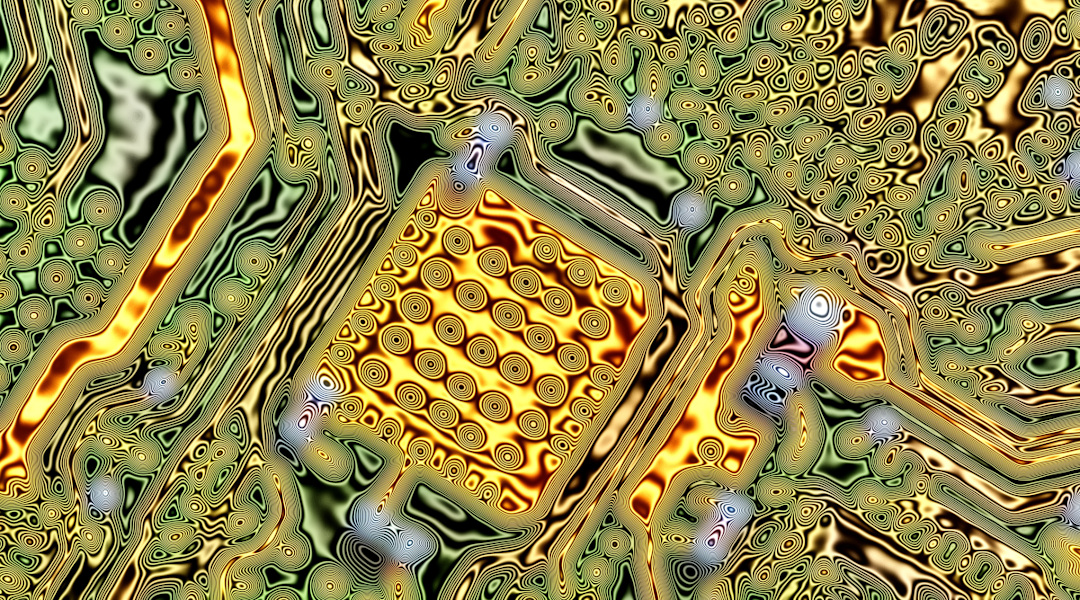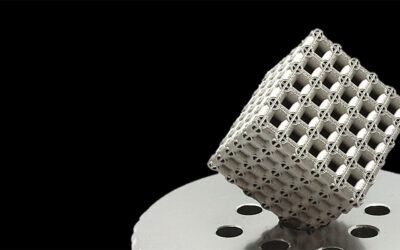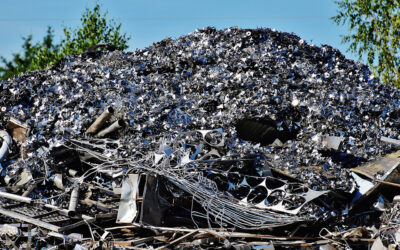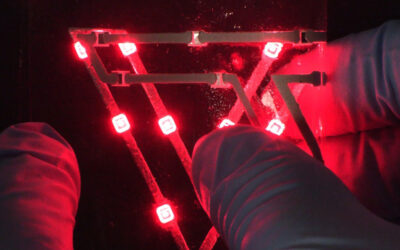The importance of understanding the experimental process is ubiquitous in research. And while we have a huge range of techniques at our disposal, we should be aware of and properly consider their limitations, so that we may present reliable methods and conclusions to the community.
Writing in Advanced Electronic Materials, a group lead by Professor Mario Lanza from the Institute of Functional Nano and Soft Materials at Soochow University, and the Materials Science and Engineering Department at the Guangdong Technion–Israel Institute of Technology, China, demonstrate that the common practice of using metal probes to study the operation of electronic devices can significantly affect the observed behavior.
Typically, probes are placed in contact with the metal terminals of a test device, allowing electrical stress to be applied to a region of interest. However, this generally produces uncontrolled mechanical forces as the contact is usually made by hand, using a screw gauge. Unless the device terminals are situated a suitable distance from the active region, this approach can lead to false electrical characteristics.
The research team found that mechanical stress both improved and impaired inter- and intra-device variability. It also led to reduced lifetimes and yield due to misclassification of failures. The authors suggest these effects might occur as the probe pushes metal from the contact terminal into the active material. Framed in the context of resistive switching memories, also known as memristors, these findings have critical implications, given the ongoing challenges of reducing device variability and optimizing lifetimes and yield.
More broadly, this work highlights the need to consider how any aspect of a chosen measurement can influence what we observe. In order to make progress, we can only build upon analyses made from reliable, reproducible results, as misleading conclusions stifle our understanding. It is better to be sure that something does not work than to hope that it does to a good approximation. This is not a new problem, but is certainly one that we must address as a community.
Written by: Dr. Mark Buckwell, University College London.
Research article available at: Y. Zuo, et al. Advanced Electronic Materials, 2020, doi.org/10.1002/aelm.201901226

















